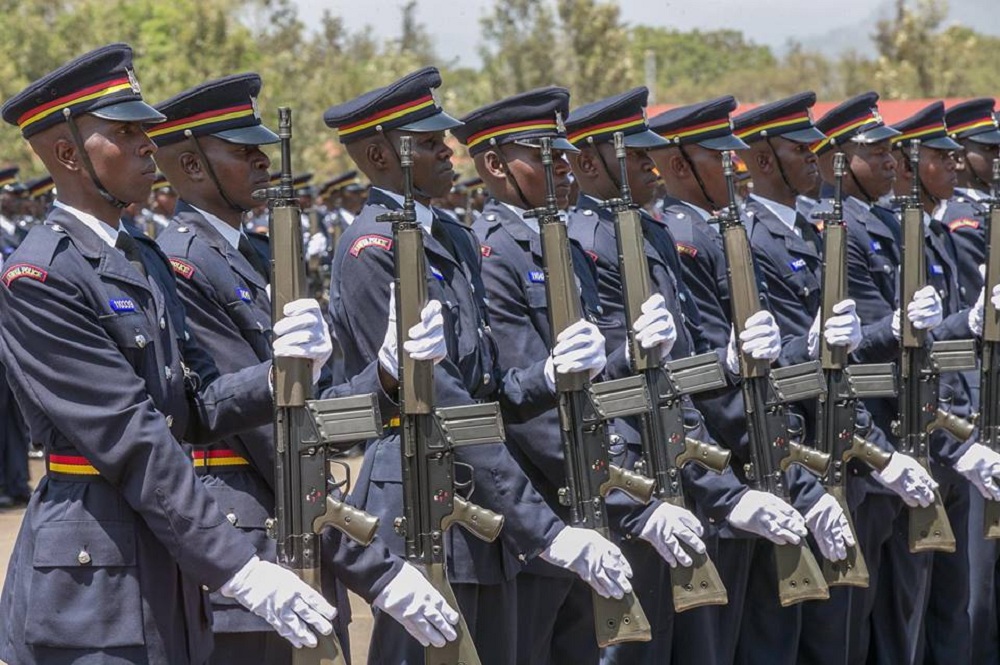advertisement
Tough guidelines against usage of social media by police personnel spelt in Kenya
Kenya’s National Police Service (NPS) today took to Facebook to inform the public and remind its personnel on how security…

Kenya’s National Police Service (NPS) today took to Facebook to inform the public and remind its personnel on how security agents to restrain from social media in a private capacity, especially if they are still employees.
The issue of police service personnel identity comes after a recent circulation on varied social media platforms of gruesome photos of police officers following their death in an attack in Wajir.
According to NPS guidelines, personnel within the police force are dictated upon to never identify themselves as employees of the National Police Service either directly or indirectly.
advertisement
According to the guideline, police-related social media accounts shall be operated by well-known account administrators or by group members and such groups registered to the media relations office at their respective service headquarters.
Police officers were also reminded that they shall not, in their capacity as NPS employees make any official comment on social media about any incident, police policy or procedure without being authorized to do so or in accordance with the police media policy. In this regard, only the police spokesperson in the office of the Inspector General or respective service headquarters is responsible for representing the service externally on matters concerning communities, crimes or policing.
Though police officers have the right to enter into public debates like every other Kenyan, any comment they make shall be made strictly as a private citizen and will not refer to their employment or the National Police Service.
They shall not refer to their position in the police while participating in a private debate, and any comments they make will be personal comments.
advertisement
The guidelines further highlight that any police officer who will be identified posting offensive, racists, tribal, or obscene material on their personal social media accounts will face disciplinary procedures as they will have broken the law.
Police should also avoid posting material that may tarnish the reputation of the National Police Service or embarrass the government.
“Under no circumstance should a police officer make offensive comments about National Police Service, Administration Police Service, Kenya Police Service and Directorate of Criminal Investigations as an entity or to individual Service colleagues,” read the statement in part.
advertisement
Documents classified as confidential should also not be posted on social media, such as police training videos, police notes, and suspect’s interview videos. Furthermore, they should avoid commenting on matters that are under investigation.
They have been ordered to forward images or information that may be termed as inappropriate to the media relations officer at their respective service headquarters for assessment and posting on social media sites.
According to the guideline, police-related social media accounts shall be operated by well-known account administrators or by group members and such groups registered to the media relations office at their respective service headquarters.
The police are also required to take all reasonable steps to identify and avoid associations with people, groups or organizations that are involved in any activity that is incompatible with the National Police Service roles to uphold the law.